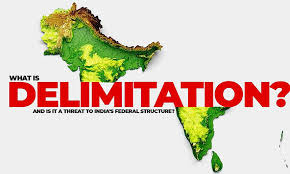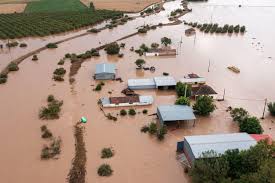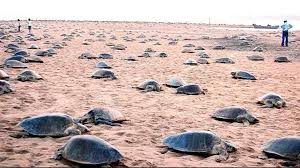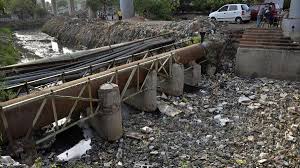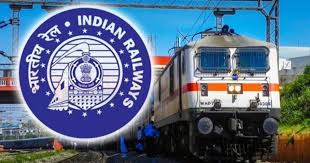
21
Jan
Redefining the Boardroom: The New Era of Corporate Environmental Responsibility in India
Redefining the Boardroom: The New Era of Corporate Environmental Responsibility in India The landscape of corporate governance in India underwent a seismic shift on December 19, 2025, when the Supreme Court of India delivered its verdict in the landmark case of M.K. Ranjitsinh v. Union of India. While Corporate Social Responsibility (CSR) was already a statutory requirement under the...
Read More